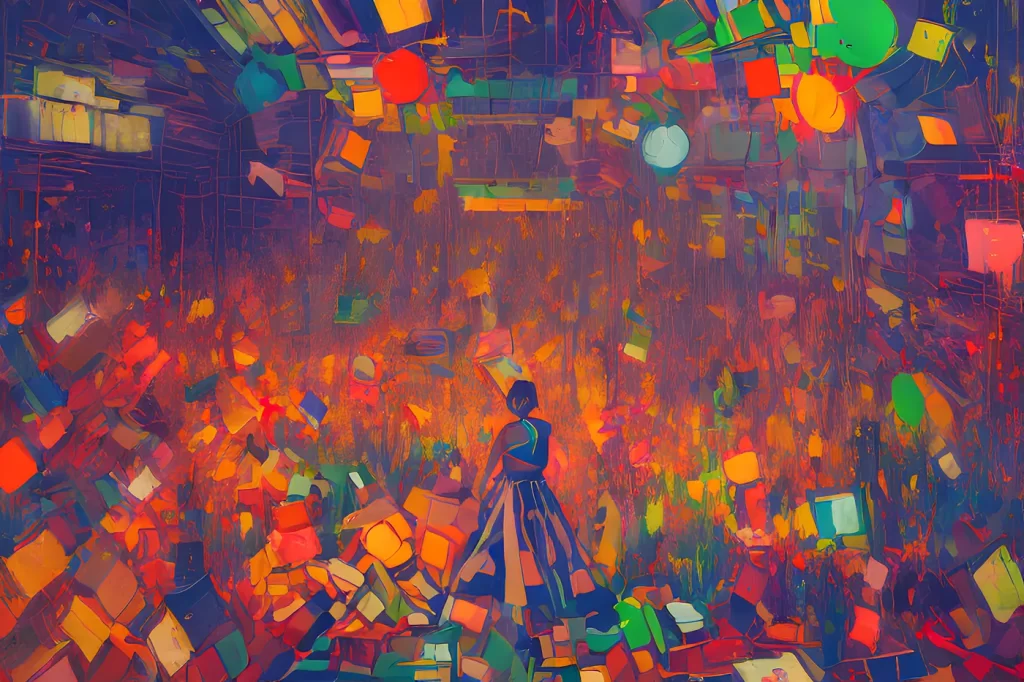The first amendment rights
Many authors that were taught in school for decades are now censored by the educational system itself or libraries. Shelves are empty, books are rewritten, the ending is changed for a better one, not many mentions of the LGBTQIA+ community are present and finally, books written in the fifties representing racism and white supremacy are not on the market anymore. The message is often diluted in wrong translations.
While the ALA (American Library Association) rang the bell, many activists have been gathering to protest against such hard censorship. According to the ALA, 2 571 titles were banned or challenged. Behind India and China, North America accounts for 7.41% of all book bans worldwide. The State where bans occur the most is in Texas followed by Florida. Book bans have not been without political blowback.
The growing movement to ban books in schools threatens free expression and student’s first amendment rights. Demands rose up from kids but also from parents who devalue the integrity of the books. Around 4 million students are affected by the movement. As a reminder, the First Amendment provides that Congress makes no law respecting an establishment of religion or prohibiting its free exercise. It protects freedom of speech, the press, assembly, including the right to access to information and ideas. Students retain the First amendment in schools. A landmark decision in 1969 (In Tinker v. Des Moines Independent School Community) had been made by the Supreme Court and added a new motion to this amendment: students should not “shed their constitutional rights to freedom of speech or expression at the schoolhouse gate.” Therefore, how can we understand this new shift ?
According to PEN America, a non-profit association that advocates for free speech, some themes or topics are intentionally targeted. It is in general the minority of a community, political content, ideas that go against social norms etc.
What themes trigger bans and are judged “obscene” or “immoral” ?
In the first position, we find themes or instances of violence and physical abuse. Then topics on health and wellbeing for students, themes of grief and death. Followed by the LGBTQIA+ community, protagonist and prominent secondary character of color, and books that contain sexual content, issues of race and racism, rights of activism.
However, what we can see is that most of the banned books are in the fiction genre and young adults are the intended readers. Therefore, they are the most impacted by the bans.
Literature is essential to build tomorrow’s world but also to learn about society’s dysfunctions. In 1949, George Orwell, an English writer wrote 1984, one of the first dystopian novels in the world. He already pictured a peculiar society where the government fully understood the power of words and that language could be a strong tool to control the population. Therefore, the totalitarian regime decided to create a new language called newspeak to replace the former one oldspeak, which was too complex. The citizens completely obeyed, except one, Winston Smith. He will try to save as many words as he possibly can through the book. It is of course a fiction novel. However, every story is inspired by reality. Characters have to face difficult situations and they feel the exact same thing as we would feel, us, readers.
On the other side, authors and illustrators are impacted. For instance, Ellen Hopkins who’s a novelist for young adults and who wrote many best-sellers like Crank, Tricks or Impulse. She is the most banned author in the year 2022-2023 followed by Margaret Atwood with The Handmaid’s Tale.
In the 21st century, it is a real controversial question : at school libraries, what books should be available to children or teenagers in an age of social progress and the modernization of American society ?
Pat Scales, a veteran South Carolina middle and high school librarian and former chair of the ALA’s Intellectual Freedom Committee, stated in his book Scales on Censorship published in 2007 that “Intellectual freedom is respect.”. She gathered some Real Life Lessons from her School Library Journal that contains Pat R. Scales collected columns, all written in response to active book challenges or questions of intellectual freedom and library ethics. These columns reflect the core values and policies of librarianship. They are organized by topic and each is framed with a brief new introductory essay. Scales’ powerful reputation and practical ethically-based solutions has made her a key spokesperson and support for librarians working under a censorship siege.
Indeed, why is literature so important ?
What you read influences your way of thinking, it develops your faculties as a human being : your reflection and your creativity and your imagination and above all, your awareness about the world. Books represent a major pillar in the construction of one’s identity. So it is essential to protect books. The censorship definitively reduces your freedom of thinking freely, which impacts your freedom of expression.
Banning books is the first step in banning thoughts, ideas, and imagination. Therefore these bans are a violation of the very democratic values of freedom of expression and a start to an « intellectual war ».










